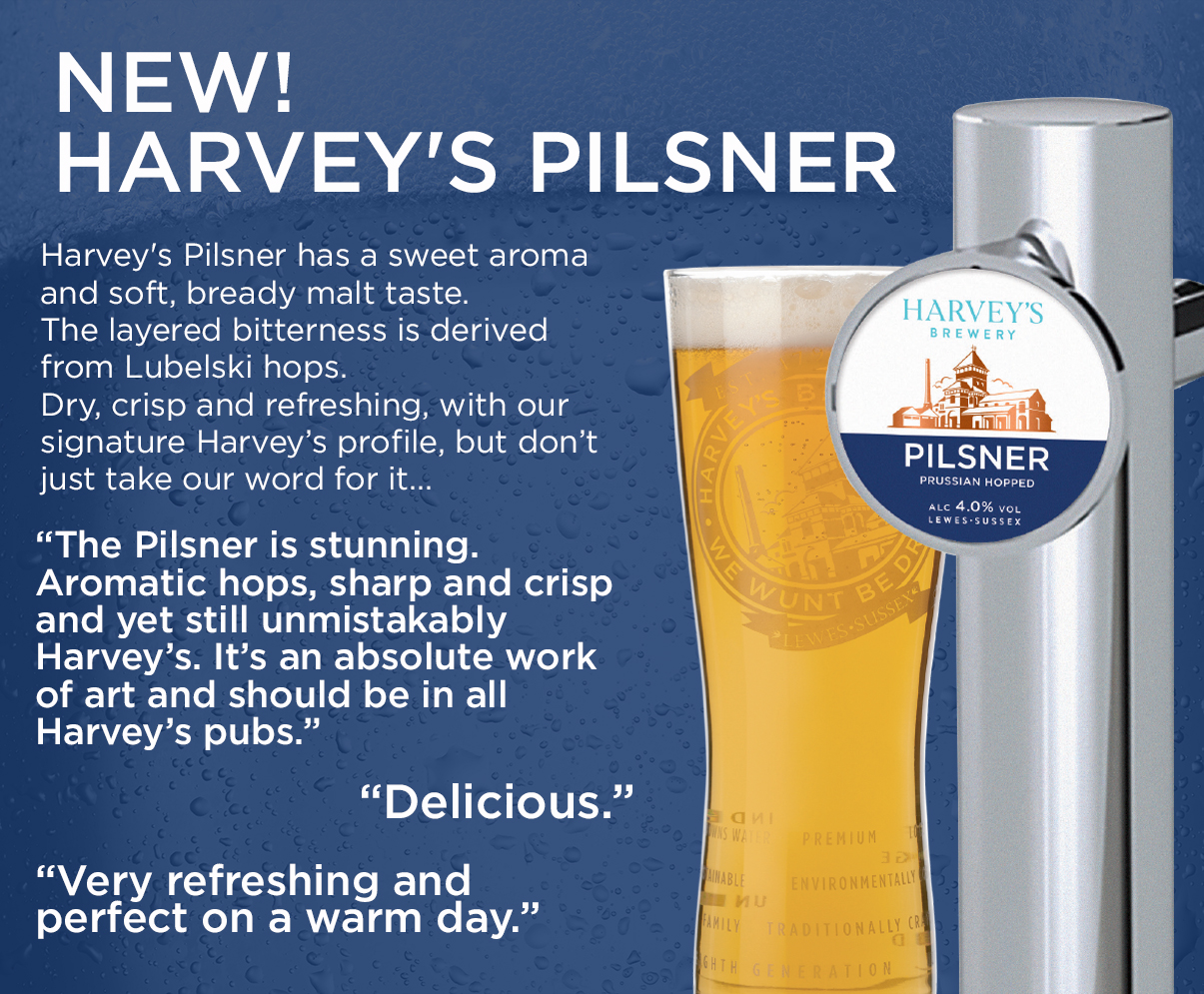Wild Hop Takes Top Prize in Hop Awards
The wild hop variety which is used in our Wild Hop Blonde Ale, has been named the overall winner of the British Hop Awards 2015, announced by the Institute of Brewing and Distilling (IBD).
‘Sussex Hop’, from A H Hoad and Son, was found growing wild in 2005 in Gate Court, in Northiam, East Sussex by Peter Cyster, whose family has been growing hops since 1900. He thought the hop showed promise, and so cultivated and propagated it. It has been grown at Gate Court ever since and by A H Hoad for the last two years.
Jerry Avis, chief executive officer of the IBD, said, “A total of 192 entries were judged for the 2015 competition and the field included 28 hop varieties, more than in previous years, reflecting the focus on diversity and innovation in British hop farming. That an unknown wild hop can take on giants like Fuggle and Golding to win the top prize speaks volumes for the dynamism in the hop market, which, along with the high quality of British hops, is what our competition seeks to highlight.”
The British Hop Awards have been running since 1944 and are judged by a panel of Master Brewers, who assess the hops on a number of criteria such as quality and intensity of aroma and trueness to variety, giving the top awards to the hops they would most want to use in brewing their own beers.
Andrew Hoad of A H Hoad and Son said, “It’s an honour to win and quite unexpected, especially as this is a new variety. It’s only our second year of growing Sussex and we hope this award will help to promote it and encourage more brewers to start using it.”
Miles Jenner, current Master of the Brewers’ Company and head brewer of Harveys Brewery, said, “As a Sussex brewer I could not be more delighted that a Sussex hop is celebrating this ultimate victory. It complements the traditional varieties of English hops we use, with sublime citrus notes, but does not dominate and provides a zesty balance within a blond beer.”
Sussex has earthy, grassy and minty flavour notes, and when used in brewing adds aroma rather than bitterness. It has proven to be resistant to both wilt and mildew, which often cause problems for hop growers. An oil analysis of Sussex has shown that it is unlike any other known hop variety and, therefore, likely to be the result of open pollination in the wild.

